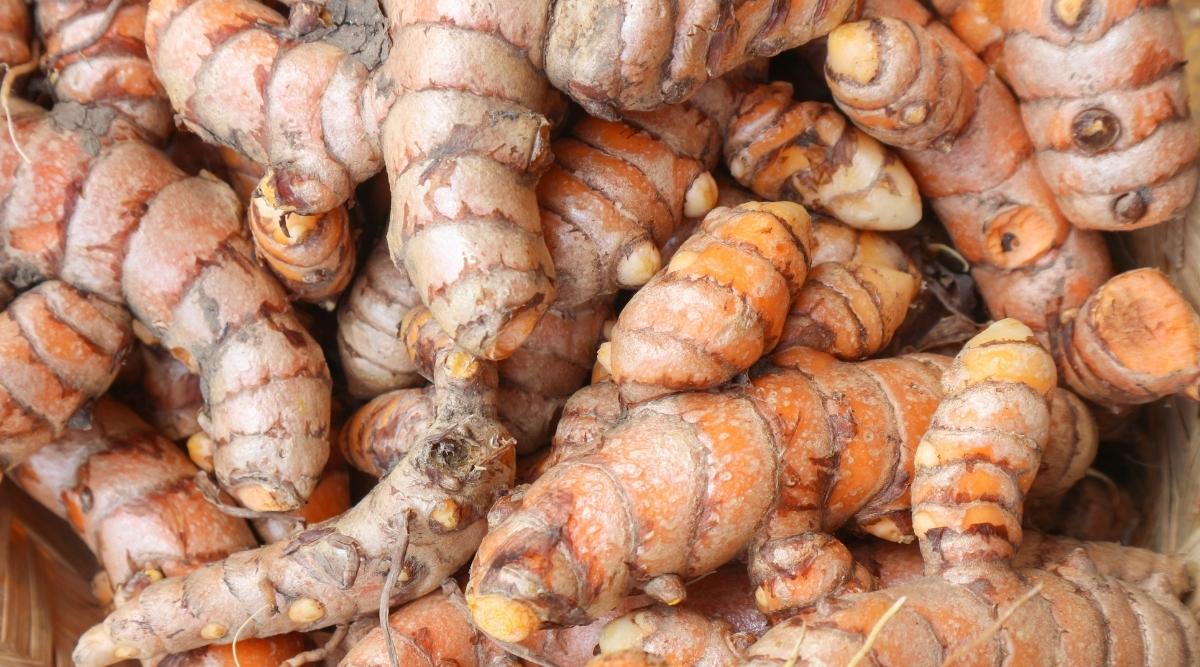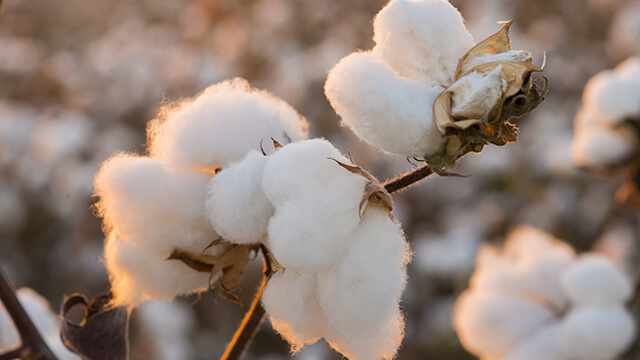The government has begun to sell chana (gram) below the minimum support price (MSP) from the buffer kept with the National Agricultural Cooperative Marketing Federation of India since it is burdened with 3 million tonnes (mt) of inventories that were primarily purchased in the last two years (Nafed). Chana is currently being sold at mandi prices between Rs 4,300 and Rs 4,600 per quintal. According to traders, the government’s decision to sell surplus pulses below MSP will further squeeze chana prices. In August, chana prices were 1.28 percent lower than they were a year earlier.
The Cabinet approved the sale of 1.5 mt of chana from the excess buffer stock held by Nafed on August 31 in order to get rid of excess stock. States would receive the chana for distribution through various social sector programs at a discount of $8 per kg over the issue price. The estimated cost to the government to implement this scheme is roughly Rs 1,200 crore. Nafed now possesses 3.7 mt of pulses, which is more than the 2.3 mt buffer stock standard set by the government. The chana stock is almost 3 mt of this. The stock is almost two years old in some places.
The government currently has smaller supplies of moong (0.56 mt), urad (0.08 mt), tur (0.12 mt), and masoor (0.07 mt) for other species of pulses due to lower procurement. A record 13.75 mt of chana was produced in the crop year 2021–22 (July–June), which allowed Nafed to purchase more than 2.5 mt of pulses in the crop year 2022–23 (April–June), which was intended to provide MSP to farmers. In the 2021–22 crop year, chana accounts for over 50% of the 27.69 mt of total national production.
The Commission for Agricultural Costs and Prices (CACP) stated in its price policy for the rabi crops marketing season (2022-23) that there is a lack of systematic clearance of pulses purchased by Nafed under the PSS, adding that “they are found often offloaded in the market at a discounted price and this leads to a sharp decline in market prices while dampening the prospect for private procurement directly from the farmers.” In order to dispose of stocks similar to those of wheat and rice under the Food Corporation of India’s open market sale scheme, the CACP has advised setting a reserve price that is related to MSP.

